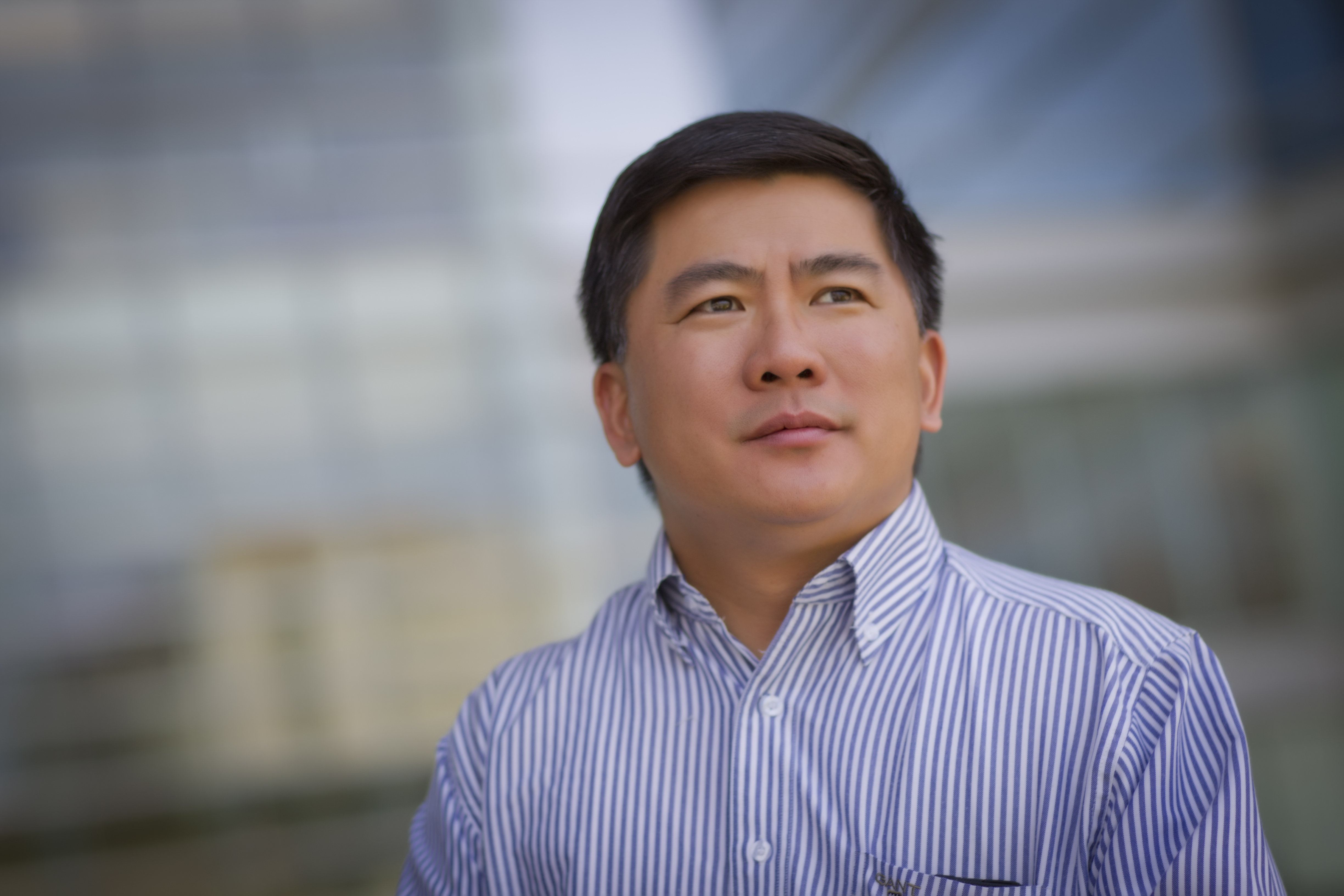In a new study published in the Cell Press journal Chemistry & Biology, researchers share a discovery that they say could lead to a new strategy for sensitizing radiation-resistant cancer cells to the treatment.

While radiation treatment can damage cancer cells and trigger their self-destruct system, UNC Lineberger Comprehensive Cancer Center researchers are seeking to solve the problem of why some cancer cells can become tolerant to therapeutic doses of radiation.
In a new study published in the Cell Press journal Chemistry & Biology, researchers share a discovery that they say could lead to a new strategy for sensitizing radiation-resistant cancer cells to radiation. They revealed a particular feature of a critical repair enzyme called DNA-PKcs that they believe could be targeted to reduce over-active DNA repairing activity in radiation-resistant cells, sensitizing them to radiation therapy.
“We’ve uncovered a new target for overcoming therapeutic resistance to cancer radiotherapy,” said Xian Chen, PhD, a UNC Lineberger member, an associate professor of biochemistry and biophysics in the UNC School of Medicine and the study’s corresponding author.
In the paper, the researchers describe the discovery of a functional structure of a DNA repair enzyme called a bromodomain (BRD), which they believe could be a target for therapies designed to overcome radiation therapy resistance. While DNA repair enzymes such as DNA-dependent protein kinase, or DNA-PK, can help fix damaged genetic sites in normal, healthy cells, Chen said, they can also help keep resistant cancerous cells alive after radiation.
“Our cells have this self-corrective mechanism to get rid of heavily-damaged cells – even cancer cells that contain high-density DNA damage or double-stranded DNA breaks,” Chen said. “But the DNA repair process needs to be highly balanced. If the repair process gets over-activated, it will do the wrong thing. Acquired radio-resistance in certain types of tumors is the consequence of the over-activation of this process.”
Using combined methods, including the state-of-the-art technology of “top-down” mass spectrometry and various molecular and cell biology methods, the Chen lab discovered that the generation of a double-stranded DNA break sensor (a site-specific phosphorylation on the histone H2AX) requires the BRD in DNA-PK. Their collaborators Srinivas Ramachandran, PhD, a doctoral graduate from the Department of Biochemistry and Biophysics, and Nikolay V. Dokholyan, PhD, the Michael Hooker Distinguished Professor in the UNC School of Medicine Department of Biochemistry and Biophysics, identified where this bromodomain is located on DNA-PK by using their unique method of molecular docking/modeling.
This bromodomain facilitates the precise docking of DNA-PK on a protein called H2AX, Chen said, and plays a critical role in the process of marking the DNA damage for repair. In radio-resistant leukemia with over-activated DNA repairing activity, this bromodomain could be a target for drugs designed to block that binding site to prevent over-heating DNA repair following radiation, he said. In the study, the researchers said they showed that a small molecule could bind to the bromodomain, and that pre-treatment with that molecule in the study re-sensitized resistant leukemia cells to radiation.
“The idea is that if we treat this cancer cell with an agonist that can bind to this bromodomain, we can re-sensitize the cell to further radiation treatment to kill these tumors,” he said.
The study was supported by funding from the National Institutes of Health, the National Cancer Institute Clinical Proteomic Tumor Analysis Consortium, the National Basic Research Program of China, and the National Institute of Allergy and Infectious Diseases.
In addition to Chen, other authors include first author Li Wang, one of Chen’s graduate students at the Fudan University Department of Chemistry residing in Chen’s UNC lab; Ling Xie, a research assistant professor in the UNC School of Medicine Department of Biochemistry and Biophysics; Ramachandran; Yuan Yu Lee, now of California State University- Long Beach; Zhen Yan now in Zhengzhou University in China; Li Zhou of the Department of Biochemistry and Biophysics; Krzysztof Krajewski, a research assistant professor in the Department of Biochemistry and Biophysics; Feng Liu of the Soochow University Department of Medicinal Chemistry; Cheng Zhu, a postdoctoral research associate in the Department of Biochemistry and Biophysics; David J. Chen of the UT Southwestern Medical Center Department of Radiation Oncology; Brian D. Strahl, a professor and director of graduate studies in the UNC School of Medicine Department of Biochemistry and Biophysics; Jian Jin of the Icahn School of Medicine at Mount Sinai Department of Structural and Chemical Biology; and Dokholyan.
